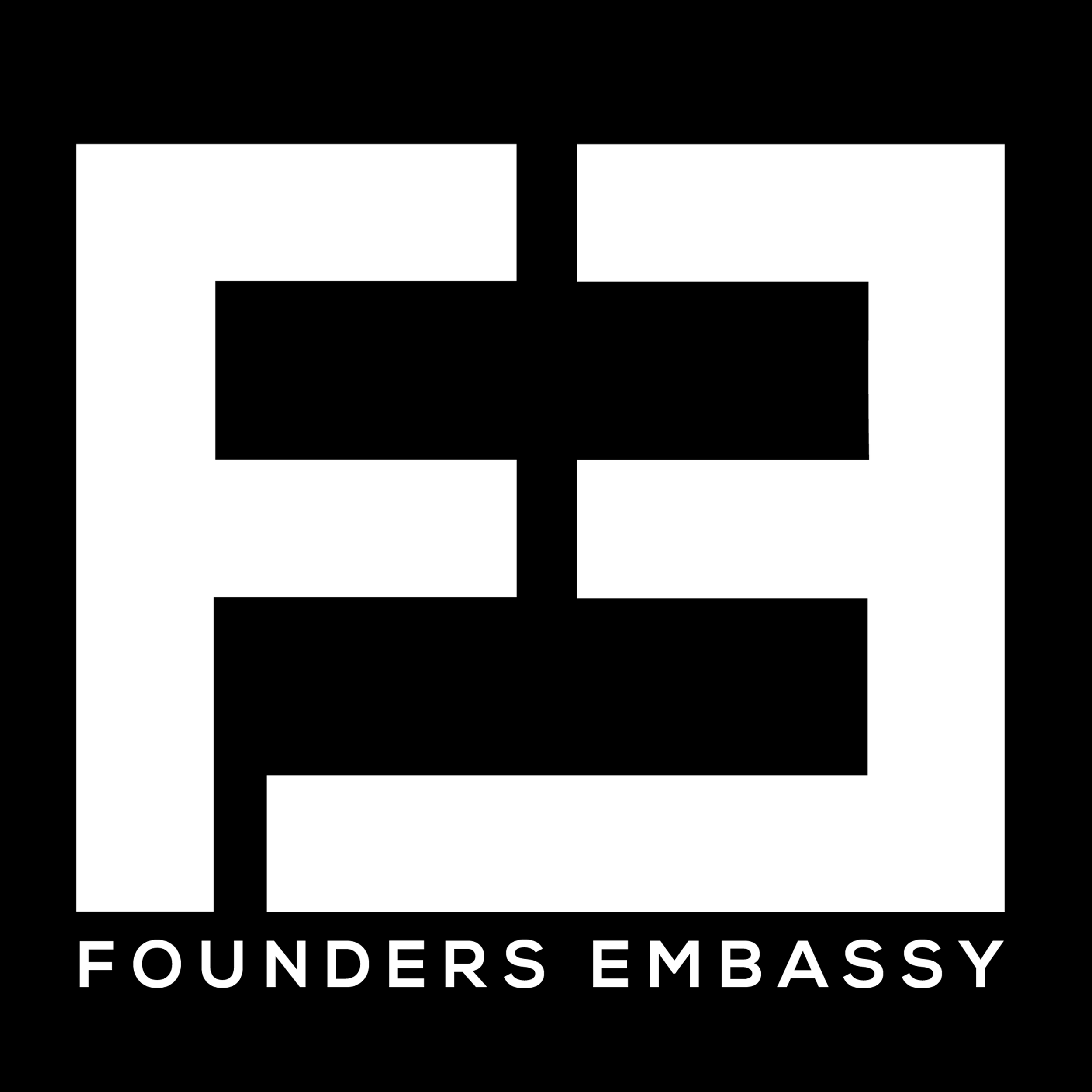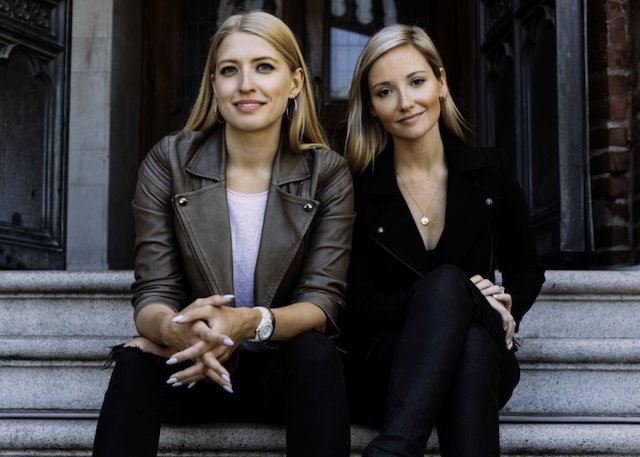How These Founders Are Making Silicon Valley Borderless For Immigrant & International Entrepreneurs
Taken from Forbes article by Melissa Jun Rowley
Immigrants are twice as likely to start businesses in the United States than American-born citizens, according to the Kauffman Foundation. However, because the Department of Homeland Security is rescinding the Obama Administration’s International Entrepreneur Rule, which allowed foreign-born entrepreneurs to stay in the US for up to five years to expand their businesses, immigrant entrepreneurship is declining. Not only does this hurt aspiring immigrant and international business owners everywhere, it decreases the creation of thousands of jobs, and depletes America of the diversity, nuances, and strength that made it great.
Silicon Valley entrepreneur, Andee Gardiner, is on a mission to keep America’s entrepreneurial resources open and borderless. As an international citizen, the daughter of two immigrants, and a former startup accelerator consultant, she believes that now more than ever, it’s important to have a diverse workforce fostering understanding among cultural differences. That’s why she and her cofounder Anastasia Crew, a Russian native who came to America 10 years ago, launched Founders Embassy, an accelerator program helping international and immigrant entrepreneurs evolve their companies into globally recognized entities.
Designed to help founders learn how to raise their next funding rounds and negotiate deal terms, Founders Embassy bridges cultural gaps in more ways than one. On May 30th, the accelerator welcomed it first class of global startups in San Francisco, where the entrepreneurs all lived under the same roof during two full weeks of programming.
“The companies that really want to have a global impact need to understand cultural differences,”says Gardiner. “The name of our most recent class, was branded as ‘Borderless.’ So this whole concept of breaking down borders, collaborating, and building partnerships with other diverse cultures and ecosystems is really what we want to do. And honestly, if we can, one of the main things we're looking for in this year is to get sponsorships so that we can invite companies that are from emerging markets and underserved communities, because many of them can't afford our tuition.”
A tuition-based program, Founders Embassy is the only female-led non-equity program focused on international founders.
“We need people from underserved communities to be represented or else their voices don't get heard in Silicon Valley,” shares Gardiner. “Silicon Valley looks very homogeneous. Most founders are white males from Stanford, and that's just unfortunately the way that it's been. We really want to have an impact on changing that.”
From what Founders Embassy first class member Ricardo Martínez Hernández says, the program is already making a dent in that department. Hernández is the founder of Bussi, a Mexico City-based vanpooling platform for commuting. He has already raised approximately $1M USD, and is looking to raise the company's Series A in the coming months.
When asked how he'd explain the program to other founders, he said:
"It's a bridge for me. It's a bridge to connect you to a lot of people who can really help you. This program is not made for seed companies. You need to come here with a lot of things in mind: your numbers, your model, your traction, and so forth. Here, the competition is much greater than other parts of the world. If you don't have these things in mind, it will be very hard to connect with the right people [in Silicon Valley]."
Hernández says the mentorship was the most valuable part of the Founders Embassy for him. “The former CEO of Chariot was a great match for me because we're solving the same problem,” he says.
What do international entrepreneurs get from Silicon Valley?
While Silicon Valley’s drastic diversity problem needs to be addressed from multiple angles, the value of the community’s network is undeniable.
“For the most part, I think that it's not just investment from a financial capital standpoint that Silicon Valley offers,” says Gardiner. “It’s also the human capital and social capital of Silicon Valley that I personally believe are different than anywhere else in the world. So for them [international entrepreneurs] coming here, they're learning about talent and culture and the importance of having a diverse board and a diverse founding team. From the social capital perspective, networking events here give them the opportunity meet with so many founders that are in a similar stage and can relate to them, so they can support one another. So even if they go home, and they don't decide to relocate here or open an office here, they've learned from the network that they've built, and built a community that will support them long-term.”
The next Founders Embassy class arrives on November 1 and will stay in San Francisco until November 15th.

